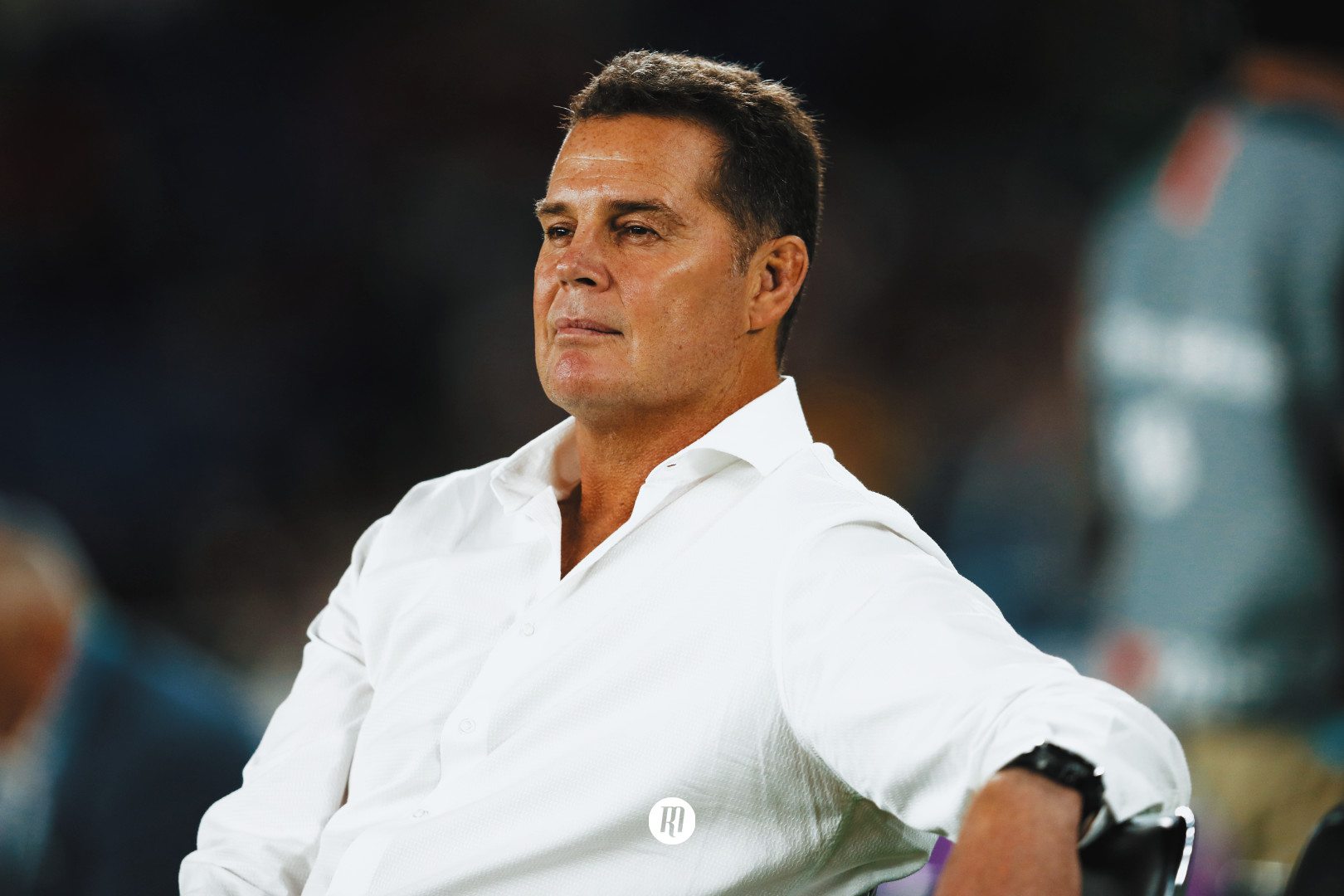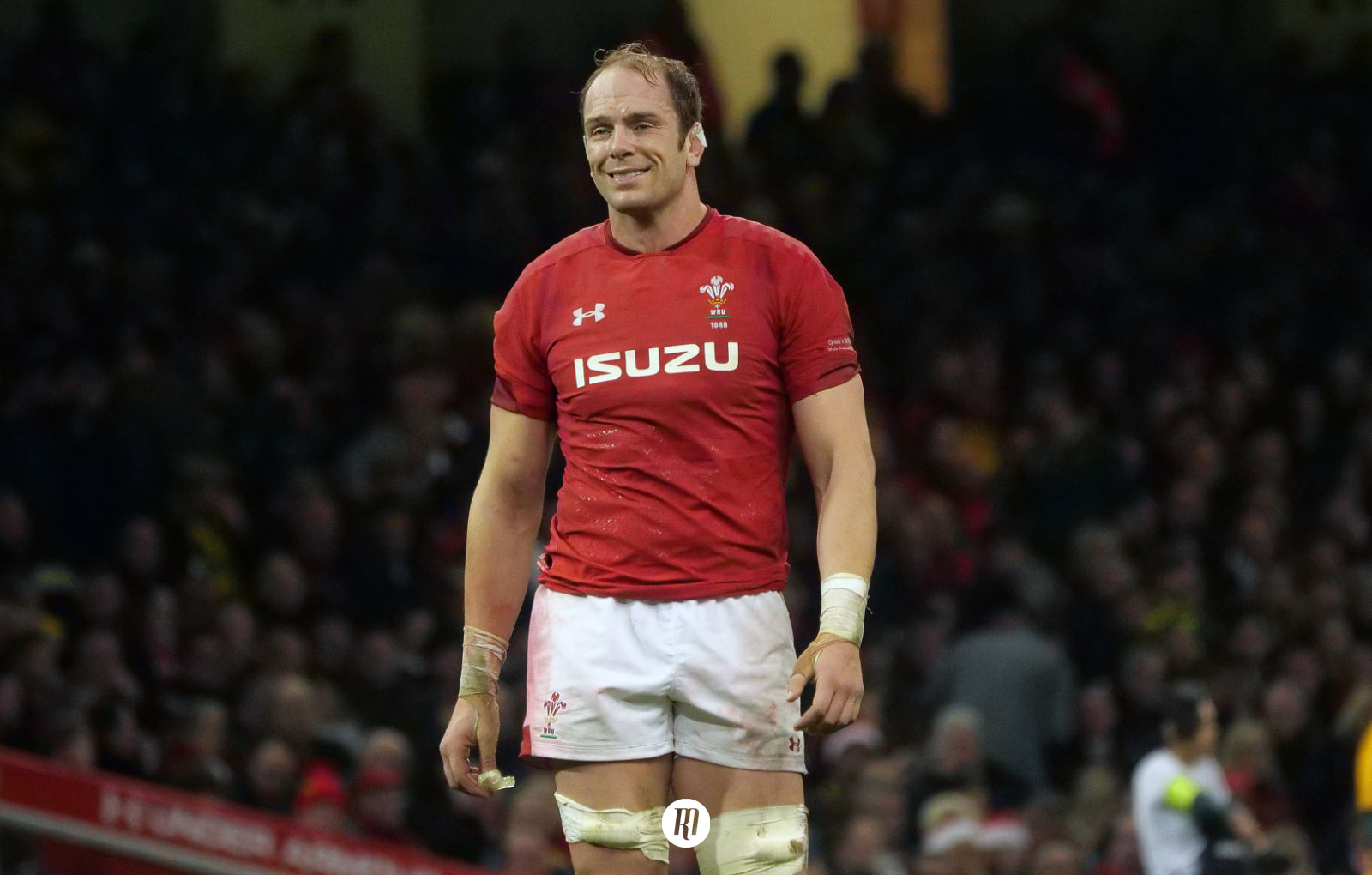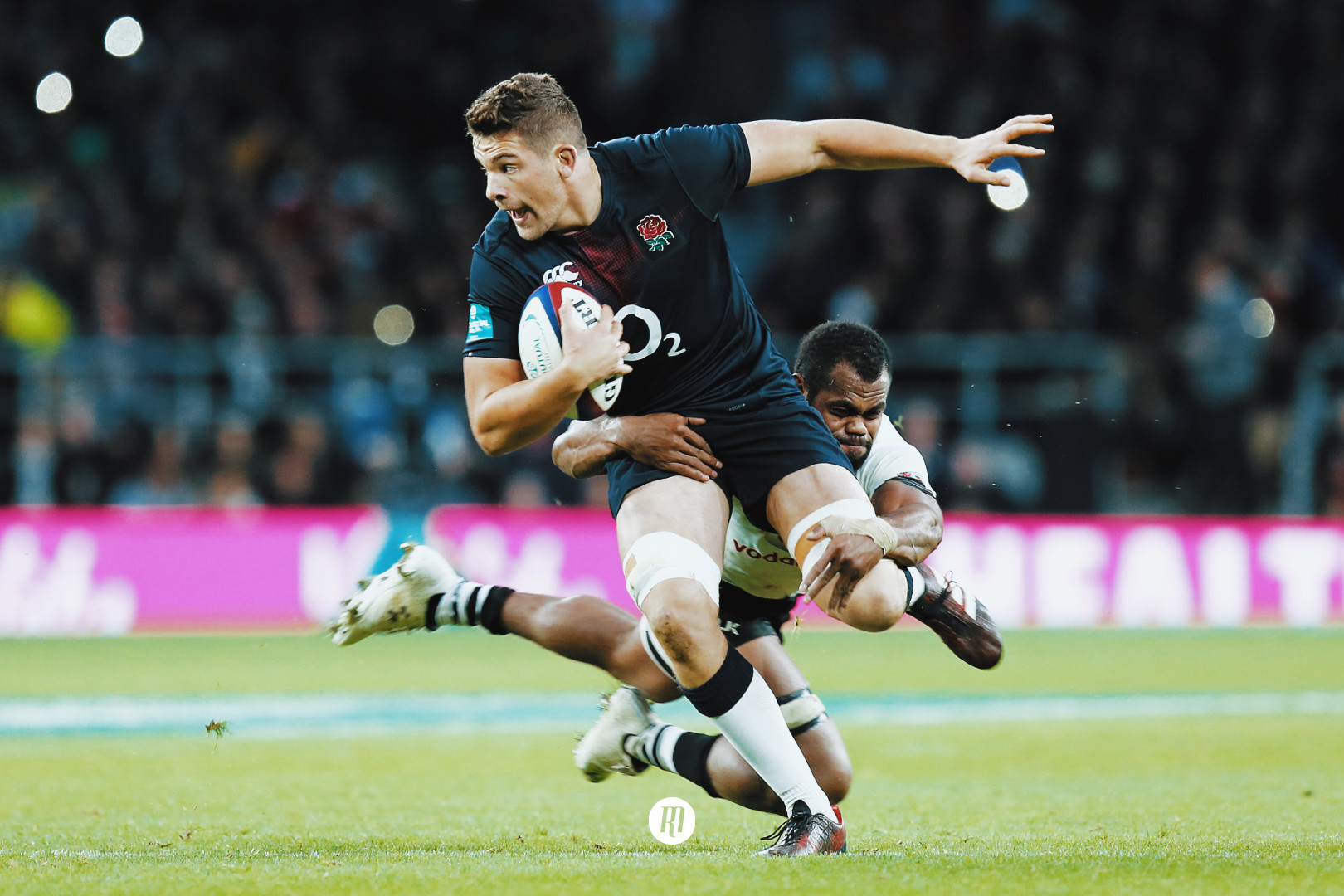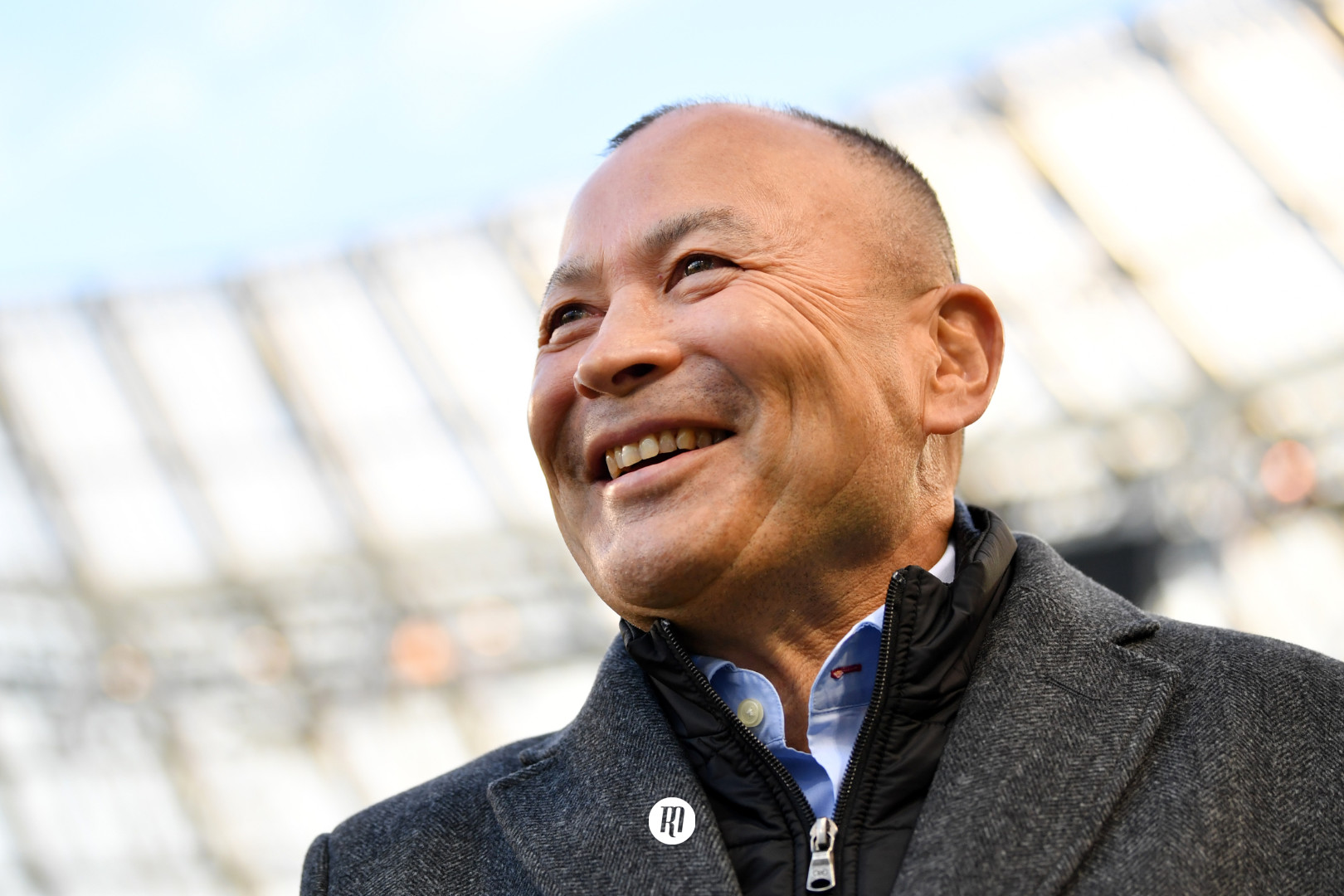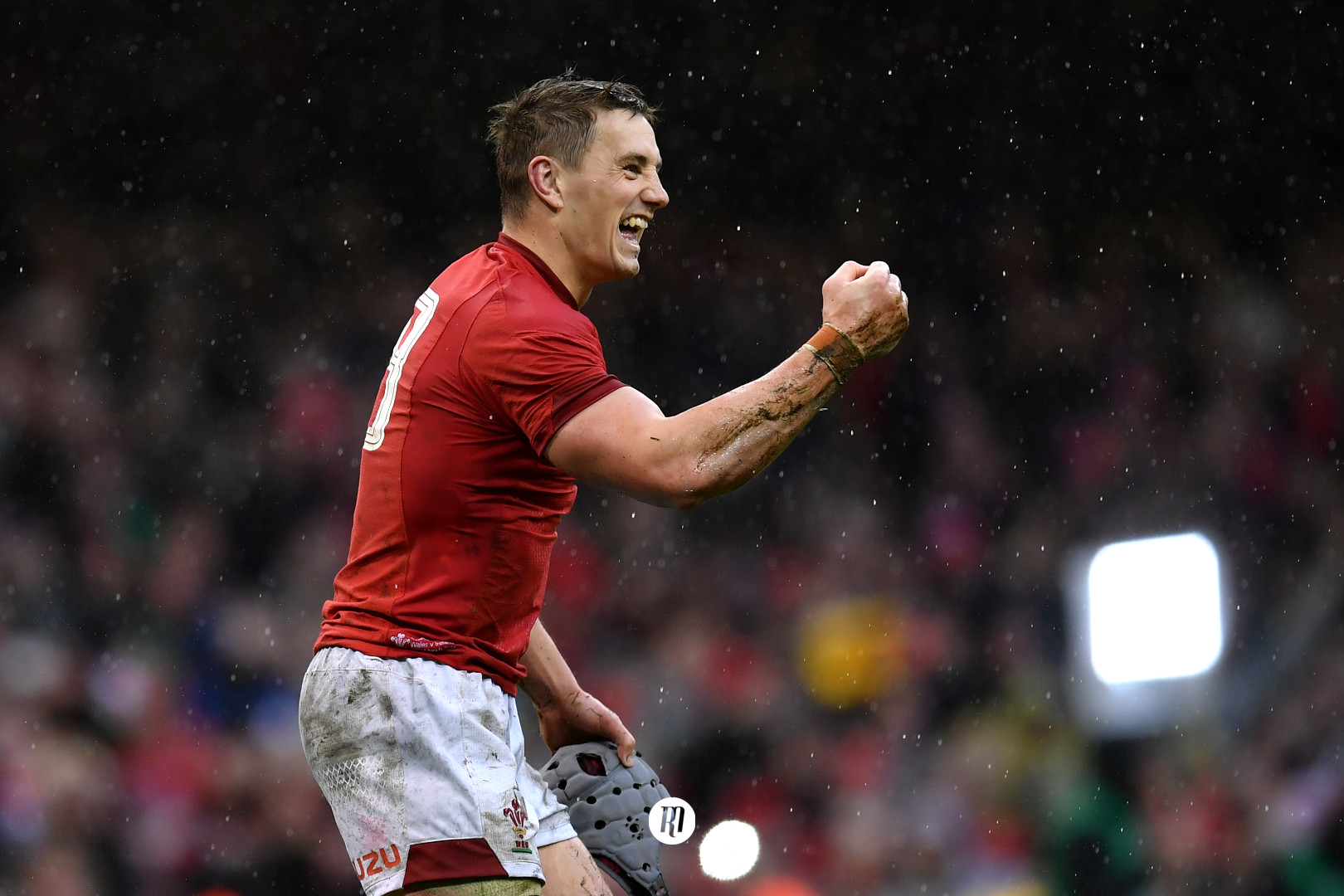Rugby World Cup final: The mischievous smirk versus the endearing smile, power versus strength
Power pitted against strength, Eddie Jones's smirk versus Rassie Erasmus's infectious smile, the playmakers' battle that will stand like a tornado within a larger towering tempest. England vs South Africa in this weekend's 2019 Rugby World Cup final may not sound as glamorous without New Zealand in the equation, but it's arguably a clash more titanic in its nature.
England head into the weekend as favourites in the Yokohama final, most bookies hand then a 60-70% chance of lifting the Webb Ellis trophy for just a second time in their history. Quite possibly, last Saturday's slaying of the peerless New Zealanders is the most impressive in England's history, outshining any individual performance of the acclaimed 2003 side that secured England's, and the northern hemisphere's, one and only Rugby World Cup win.
South Africa, meanwhile, head into the clash after out-muscling Wales - a feat that should not go underappreciated - and having lost their tournament opener against England's latest victims; the All Blacks. The Springboks could not breakdown the Kiwi defence in September, despite finding plenty of holes during their Rugby Championship clash a few short months ago. To the naked eye, South Africa are firm underdogs, yet to show an attacking outlet convincing enough to pierce the defence that throttled the All Blacks into limp submission a few days ago. Fortunately - depending on which side of the fence you sit - South Africa are far from incapable of upsetting the odds, posing very different questions to an English side buried up to its waist in praise this week.
It was touched upon in the opening sentence, but South Africa offer something the All Blacks do not, pure, unbridled, ironclad strength. They were lighter by a few kilos per forward against the Welsh, but Erasmus's Springboks were clearly superior in their physicality. The Welsh attack is not known for its flair, especially with starting fly-half Gareth Anscombe and first-choice fullback Liam Williams forced to watch on as fans. This played straight into hands of Tendai Mtawarira, Eben Etzebeth, Pieter Steph du Toit, Siya Kolisi, Duane Vermeulen and co.
The Welsh weren't exactly manhandled, but they were almost entirely shut out when on the offence, unable to grasp a foothold for more than a handful of minutes at a time. This is the same trait Erasmus's side exercised against the All Blacks in July, shutting down both New Zealand's usually powerful pack and razor-sharp backline; with outside centre Lukhanyo Am leading the effort in shutting down the latter of New Zealand's weapons.
This brute strength the likes of Vermeulen, Etzebeth and substitute lock RG Snyman provide the Boks should not be misconstrue with the type of power the English pack boasts. Power is explosive, strength is stubborn. The former is built to blow objects out of its way, while the latter is made to stand resolute, come hell or high water. Now faced with the staunch Springbok defence after finding huge success in breaking the gain line and offloading against New Zealand last week, England are likely to head into an 'immovable object versus an unstoppable force' tussle on Saturday.
If South Africa can prove staunch against England's power game, it almost doesn't matter that their attack is yet to spark in Japan, outside of pummelling Tier 2 and 3 nations. If they can limit England's attacking game and find some way of pressurising penalties, they may be able to kick their way to a narrow victory. Unless they unleash an attacking dynamic yet to be seen against big-name opponents at the World Cup so far, that is. Stranger things have happened.
The next roadblock standing in the way of the now-famous image of a pre-Haka, sneering Owen Farrell - a look that pairs nicely with the traditional Eddie Jones smirk - is the man that has lit a fire under South African rugby following a handful of years in which the nation's rugby landscape was barren, too arid to foster any fresh green shoots let alone allow the established system flourish. Truthfully, Rassie Erasmus is one of rugby's most interesting characters.
The former Munster head coach is a man of unorthodox, ingenuitive thinking. Back when he was coaching the Cheetahs in the 2000s, he decided to sit on top of the Vodacom Park Stadium, using coloured spotlights and cards to relay messages to his troops. After a while, and a probably a good few weekend's spent sunburnt, Erasmus has a little hut erected on the stadium roof of the Vodacom Park in 2007, allowing him to direct the battle below from his nest whatever the weather. Quirky.
Erasmus can also be credited for fostering the talents of the defence coach that plotted a successful nullification of the All Blacks in that 16-all draw against New Zealand, in New Zealand, in July and drop-kicked the Welsh out of the World Cup last weekend. Jacques Nienaber was a physio working under Erasmus at the Cheetahs in the late 90s, and was encouraged by Erasmus to take the step from repairing players to improving them, making the relatively fluid switch to a role as the team's strength and conditioning coach.
Soon after, Erasmus went a step further, encouraging Nienaber to step into the rugby coaching staff, going on to become Erasmus's long-serving defence coach, and has travelled with him ever since. From a move to the Stormers in 2008, the national team in 2011, Munster in 2016 and South Africa again in 2018. It seems Erasmus is a man players and coaches alike want to follow.
Like his perch in the Free State, Erasmus has become renowned for his innovation and creativity. You can be sure that the former Springbok flanker will have some sort of clever trick up his sleeves to try to put a rampaging English team off-balance, thus giving creative playmakers Faf de Klerk and Willie le Roux, electric winger Cheslin Kolbe and the powerful, standout inside centre at the World Cup Damian de Allende the chance to strike the Rose's roots.
De Allende in particular offers up an interesting debate this week. In much the same way that Jones dropped fly-half George Ford to the bench when faced with Australia's bounding inside centre Samu Kerevi, thus reinforcing his defensive midfield with captain Owen Farrell in the ten jersey, England may consider limiting the potential damage when faced with de Allende. Of course, this will then limit the kicking game and general of the Ford-Farrell axis. But, it does also permit the chance to repeat their second-half onslaught against the Wallabies, seeing Ford, Farrell, Manu Tuilagi and indeed Swiss Army knife fullback Elliot Daly contrive to change the picture for the Bok defence to read when legs and lungs are tiring.
This World Cup final offers up so many brain-teasing questions. The dynamic English offensive game against a staggeringly-staunch Springbok defence, the clash of two dual playmaking systems in which South Africa utilise scrum-half De Klerk and fullback Le Roux while England' prefer the fly-half-inside centre axis of Ford and Farrell. Then there are the coaches, two of the best in the world when it comes to finding a chink in their opposition's armour, placing the chisel in said chink and hammering home with the mallet to cripple their opponent's most lethal weapons.
New Zealand vs England was a clash in which we waited eagerly to see which of the two teams' attack came out on top, England vs South Africa is set to be one of those nail-biting affairs. Twas is ever thus with England in Rugby World Cup finals. Will we see another incident as divisive as Mark Cueto's non-try in the 2007 final against the same opposition? I'd hazard a guess and say there's a strong chance of it.
For those English readers, do not discount quite how much a potential World Cup win this year would mean to South Africa. Their 2007 World Cup-winning captain John Smit expressed his belief on the BBC's Rugby Union Weekly Podcast this week that the image of the nation's first black captain, Siya Kolisi, lifting rugby's holy grail would mean more to South Africa than either of its previous two wins, including that incredible tournament in 1995 when Nelson Mandela lifted the cup alongside Springbok skipper Francois Pienaar.
South Africa is a country with perhaps more political confusion than any other, with racial divides often splitting the nation asunder, and the team know they can bring the nation together in a powerful way with a win on Saturday. This is because the Springboks are unlike any other international rugby team, in that the team belongs to the people. You can see it in the way Erasmus addresses the fans with his social media videos, talking directly to the supporters about his selections and the game ahead. Simply, rugby means more to the nation as a whole than it does in England, and it could be enough to make up the gap between the two sides in the tournament so far.
There will be craters left in the Yokohama turf on Saturday after this titanic final, and we cannot truly predict how it's going to go. Will it be a tight, nail-biting affair? Most likely. Will it be a high-scoring final in which Erasmus decides his side need to come out firing against England, as the English did against New Zealand? Don't rule it out.

Filed under:
International, Rugby World Cup, England, South Africa
Written by: Alistair Stokes
Follow: @alistokesrugby · @therugbymag
